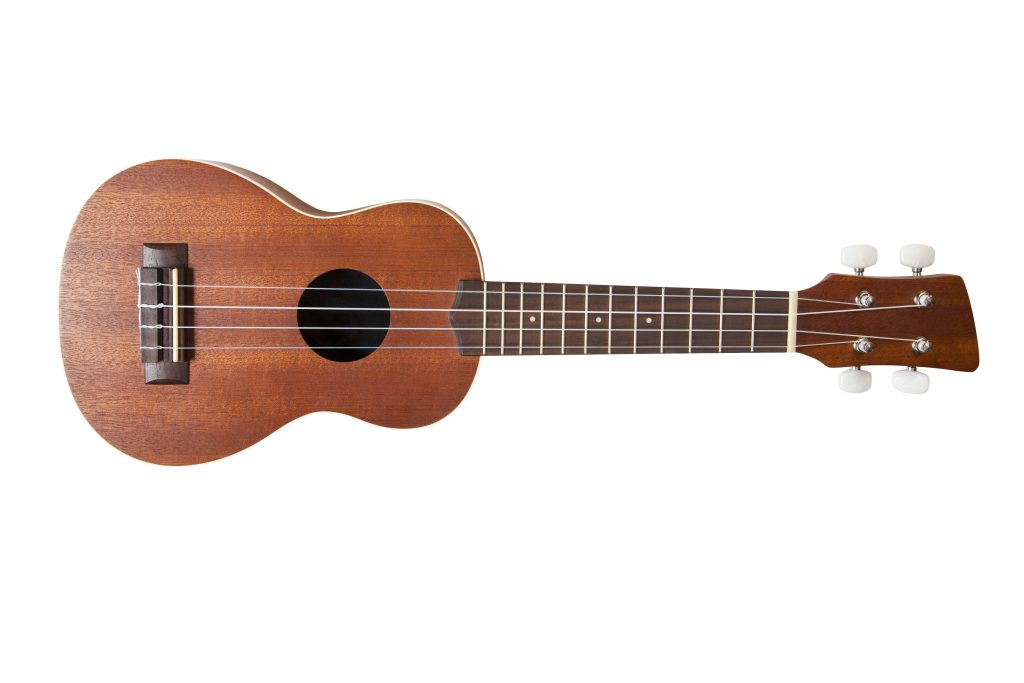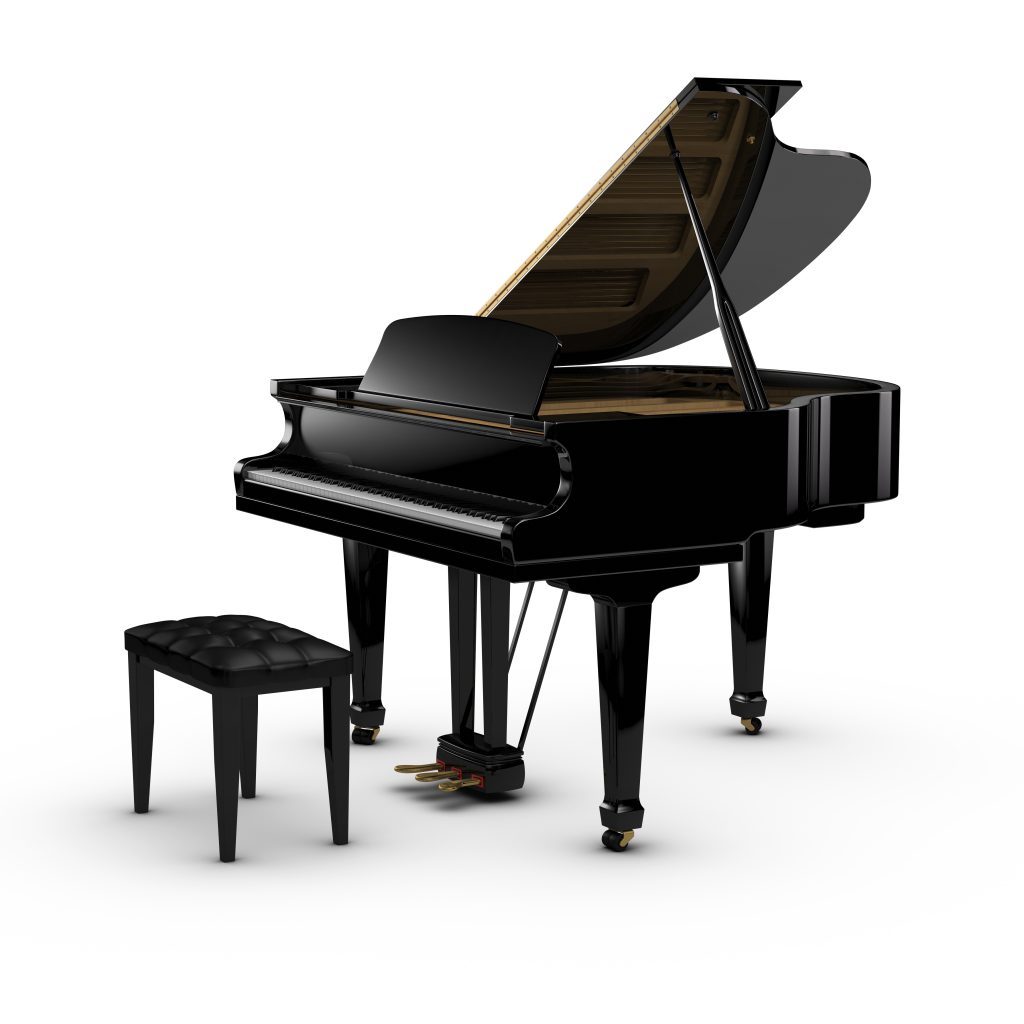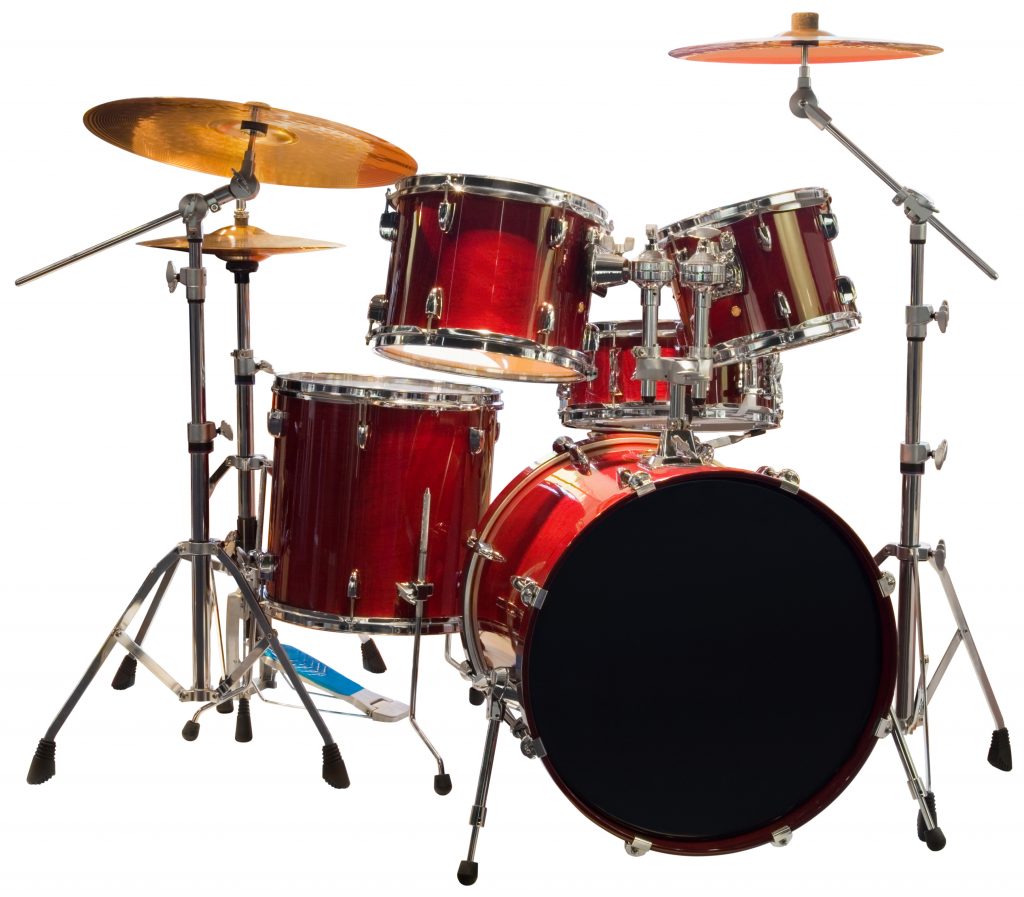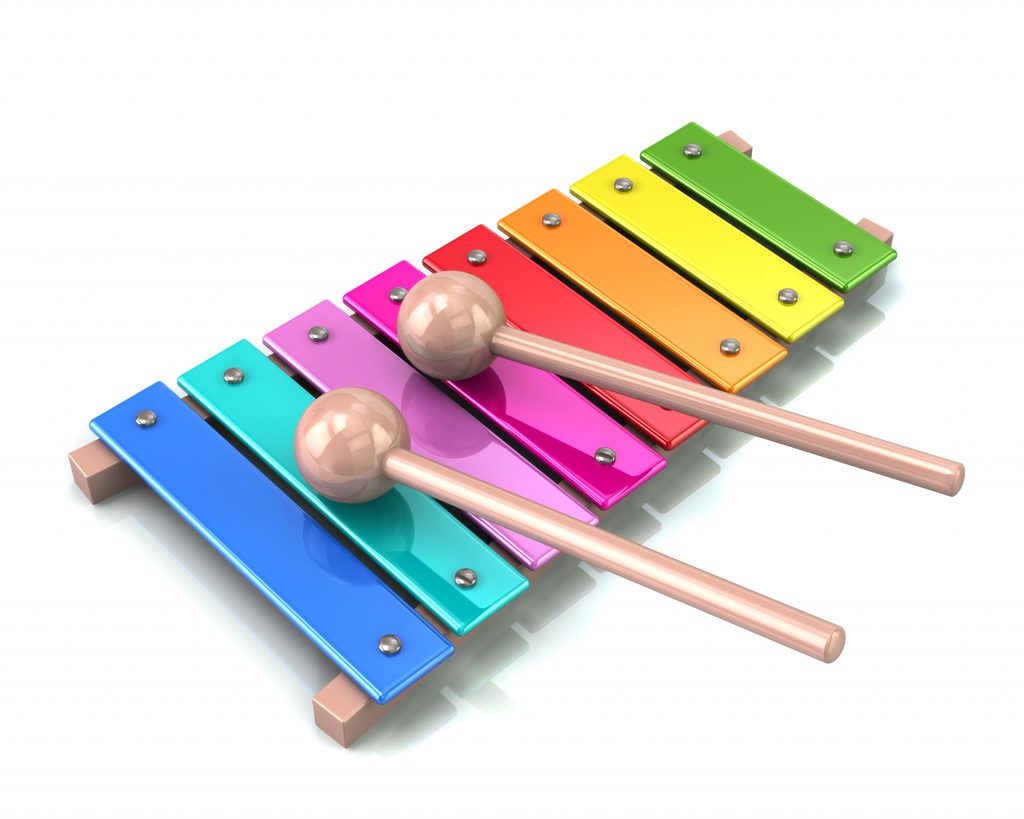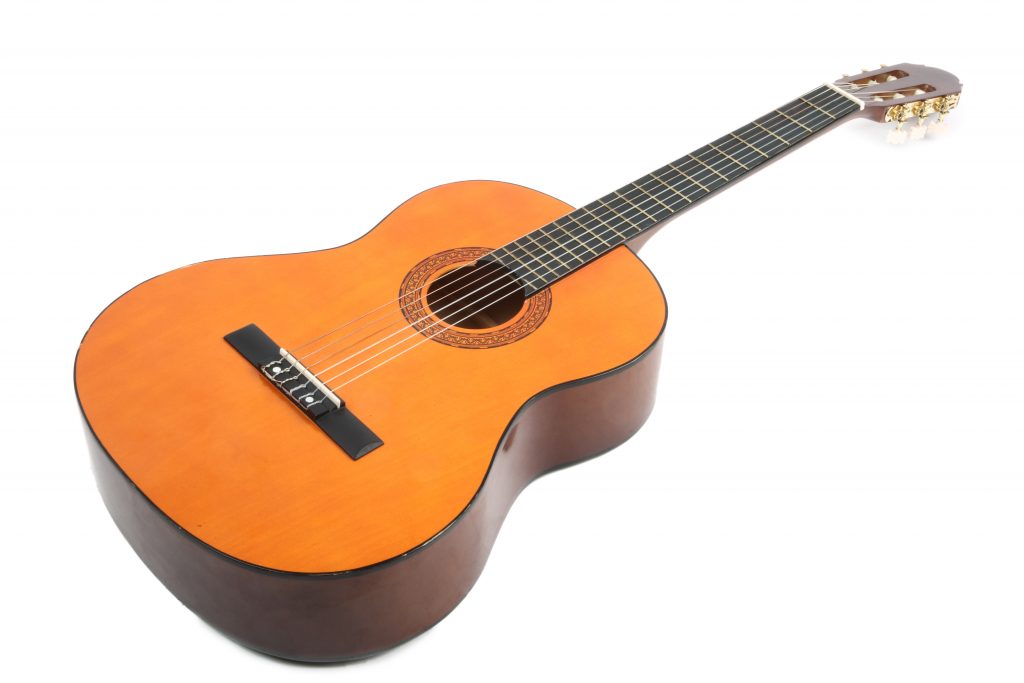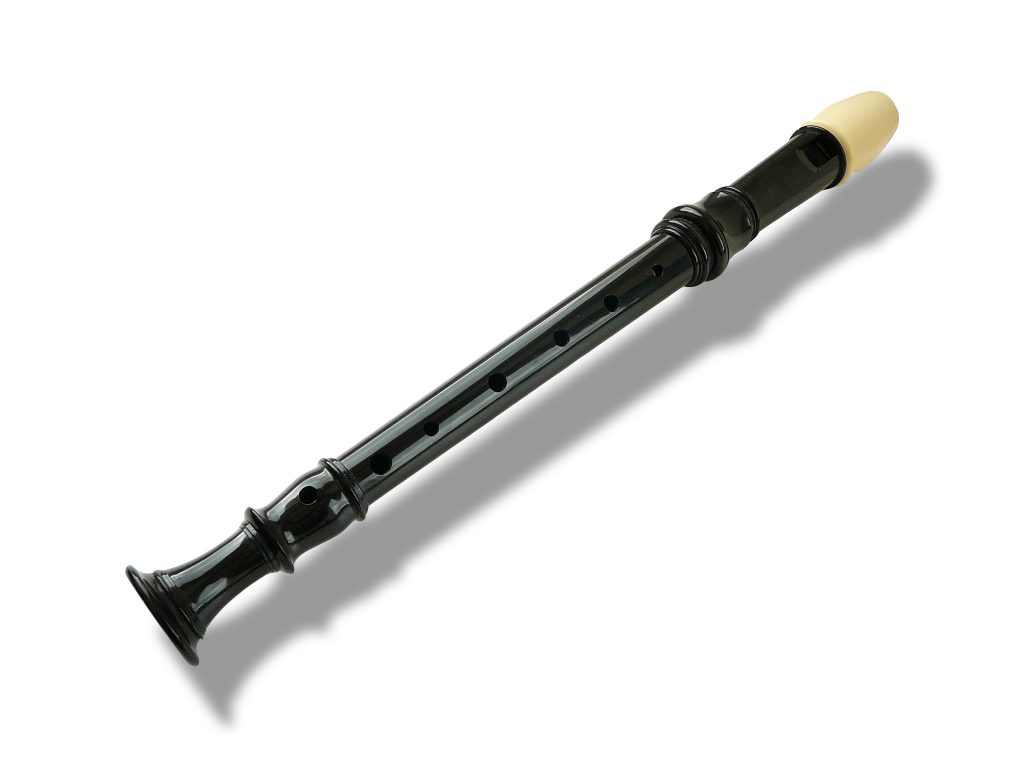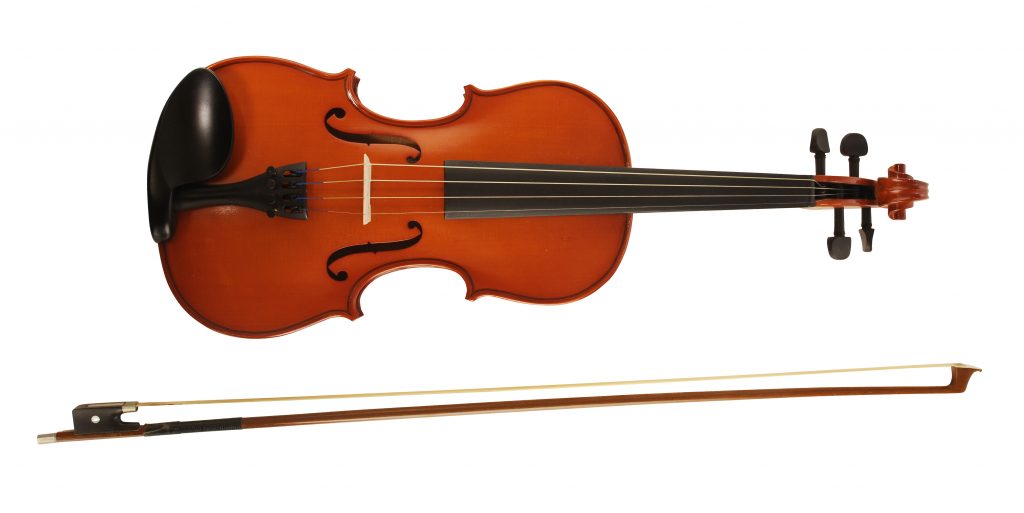If you have a young child who is interested in learning to play a musical instrument you may want to know what the easiest instrument to learn is. Knowing what the easiest options can help your child to learn more easily as it won’t be as much of a challenge to begin their musical journey. Choosing something that is considered to be the hardest instrument to learn can pose too much of a challenge for children and this can put them off musical instruments entirely.
We’ve put together a list of suitable instruments for children that will be simple enough in terms of playing and music theory so that they won’t get frustrated or become discouraged. You never want to force a child to learn to play an instrument and should try to keep the learning process as fun as possible for encouragement. Early on your child will need to learn all of the basics of music theory such as rhythm and note reading too so don’t forget to add this into your overall decision.
Here is a list of the easiest instruments for young children to learn.
1. Ukulele
A ukulele is a brilliant instrument for your child to learn to play which is why we’ve featured it at the top of our list. It actually could be considered to be the best instrument to choose from when learning to play as a child. This is because buying a ukulele is really inexpensive and will cost you much less money compared to other stringed instruments such as a violin or a guitar. The size of the ukulele also means it’s the ideal size for children’s small hands. Younger children won’t be able to hold onto a larger musical instrument but there shouldn’t be any problems with a ukulele.
Ukulele chords are much more basic than what you would find on other stringer instruments and the light, plucky sound of the strings goes well with children’s music. It’s a really light instrument that can help a child develop their motor skills as they have to use two separate hands to make the sounds. While the ukulele isn’t the most advanced musical instrument it can help if you want them to progress onto different string instruments to learn in the future.
Another kid-friendly part of the ukulele is that you can buy them in a wide array of colors. Something that will definitely grab a child’s attention is having an instrument in their favorite color. It may even help them want to practice their music more if they have a great instrument they absolutely love playing.
2. Piano
If musical theory is something you want your child to develop then the best way of understanding how music is structured and composed is by choosing an instrument like the piano. Music lessons are a must if you do want your child to learn the piano as a teacher will need to help your child form a strong basis of counting beats, reading notes and understanding terminology.
A piano is a big investment so make sure you children are absolutely committed to learning before going ahead and making a purchase. Before you decide you may want to start off with a keyboard piano which is smaller and cheaper than a standard piano. The piano can help children develop their motor skills as they will need to learn to play with both hands at the same time.
The brilliant part of piano music is that the notes in the treble and bass clef can give children a good visual idea of how harmonies and melodies work together. This is an integral part of learning music as a young person if they want to be cohesive in their playing or are interested in playing with others.
3. Drums
Almost every child will have an innate knowledge of what to do with a set of drums. Whether you opt for a full kit or a simple set of bongos, these musical instruments are brilliant for children of all ages. As well as being a simple instrument to play they are also a good way of helping children with rhythm and other aspects of music theory. The rhythm training that a drum set provides is one of the easiest ways to teach a child these skills.
While a child won’t necessarily have to know how to read music to play the drums, they will have to have some sense of rhythm and musicality. We know that these instruments probably aren’t a parent’s first choice because of the noise they create, but investing in music lessons can really help with a child’s overall development and wellbeing.
4. Xylophone
Younger children will love percussion instruments like the xylophone because they are just a lot of fun to play. A xylophone can help children develop both their fine and gross motor skills because of having to hit the keys with the mallet. They will have to determine how hard to hit each key to produce the strength of sound needed which is a great lesson in control.
Down the line, if they decide to continue with the xylophone you can add in more advanced keys and valves to the instrument to keep it interesting. A xylophone is also a great segway into learning more advanced instruments such as the drums. Starting out on a simple percussion instrument will make it easy to learn different skills such as rhythms and melodies.
Another advantage of playing the xylophone is that it can help with counting and children will need to learn how to follow a beat. There’s only a limited number of notes included in your basic xylophone so it won’t feel too overwhelming for a child to practice playing. To further help your child have fun during the learning process you can find instruments that include colors, letters and numbers which can help hold their interest for longer.
5. Guitar
The guitar is a hugely popular instrument for children to pick up and learn. The brilliant part of these instruments is that they come in various sizes that are ideal for little hands to hold. Many children will have a favorite pop artist already and the guitar can encourage them to emulate them. The guitar is much like the piano in that it’s a foundation instrument that can lead to other stringed instruments in the future.
Guitars help to teach children the basics involved in playing music. It will be a great lesson in dexterity which can be applied to not only playing instruments but other aspects of their lives as well.
6. Wind Instruments
We’ve not included a full list of wind instruments here such as the saxophone or trumpet because there are so many different benefits of these instruments. The recorder is probably the easiest of all to pick up and is a great foundation instrument to learning other woodwind pieces such as the trumpet or clarinet.
The recorder is often taught in music classes in schools because it can form an early interest in playing an instrument. School teachers can then encourage a child to move on to a clarinet or flute if they feel that they’re playing is progressing as well as their love of the instrument. The brilliant part of these instruments is that they are portable so can be carried from school and then back home again to practice from there. Once a child has seen the benefits of a recorder they can move on to many different instruments thanks to the musical theory skills it teaches.
7. Violin
The violin is featured last in our list because there’s a much steeper learning curve that children will have to navigate than the other instruments we’ve mentioned here. While the guitar and ukulele is a great gateway instrument to playing the violin, learning how to bow and fret properly on these stringed instruments can be difficult for children under the age of seven.
The violin will require a child or is over seven years old because of the dexterity needed to be able to play. Kids at a younger age don’t hold these skills well enough to pick up a violin and have fun playing. As well as developing dexterity the violin can also give your child a great ear for music and helps with their intonation training too. It can be a hard push to get through the initial, more difficult stages of the violin but if you can keep making it fun, a child will see the true beauty of the strings in the end.
There are so many instruments out there that children will love to learn and our list is only scratching the surface of what’s available. Whether you want your child to learn percussion, string or woodwind instruments there really is something for everyone and the process is as easy as you want to make it. Learning music is a gift for any child to help them develop and express their creativity. Let their inner music artist shine out and enjoy every step along the way.

